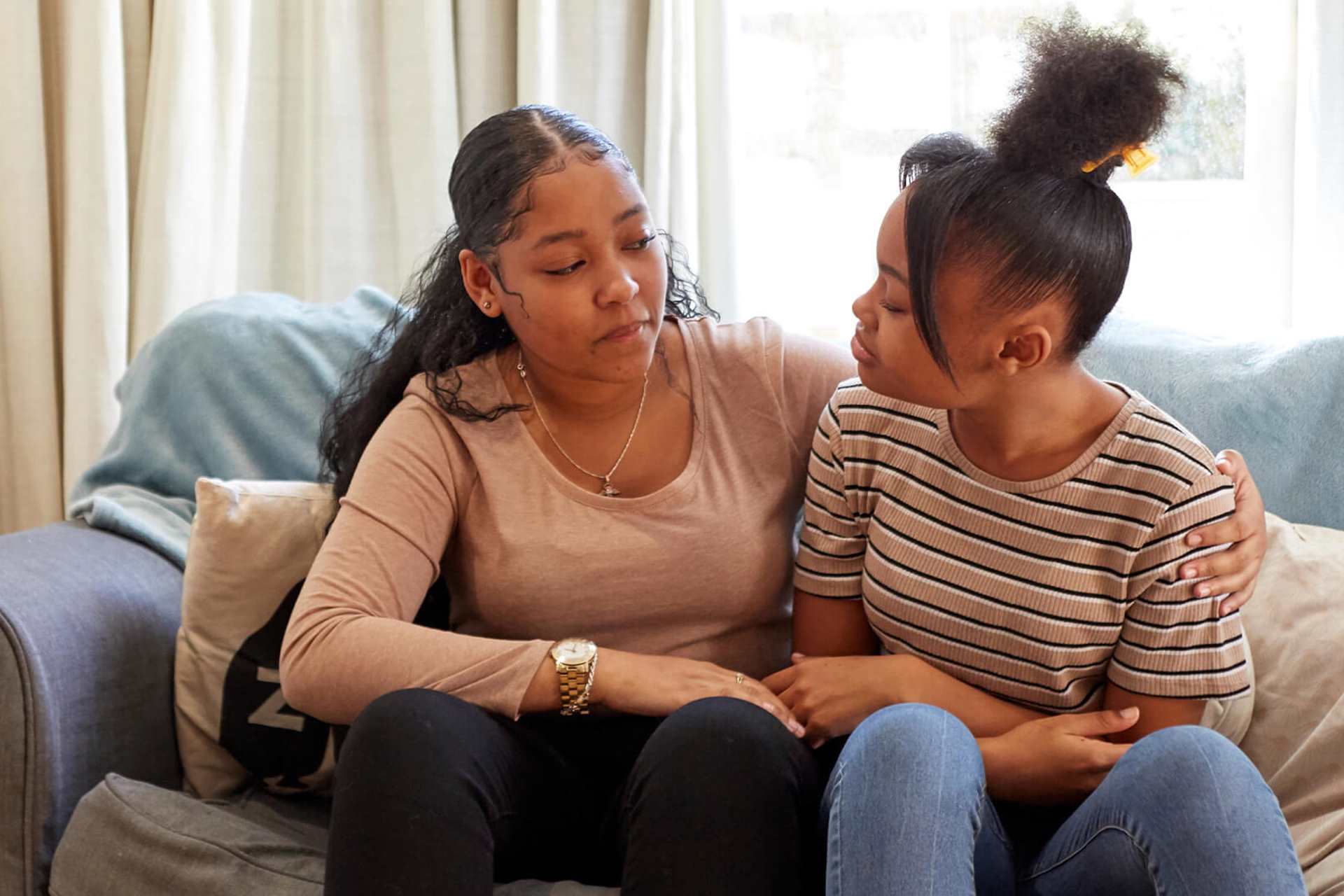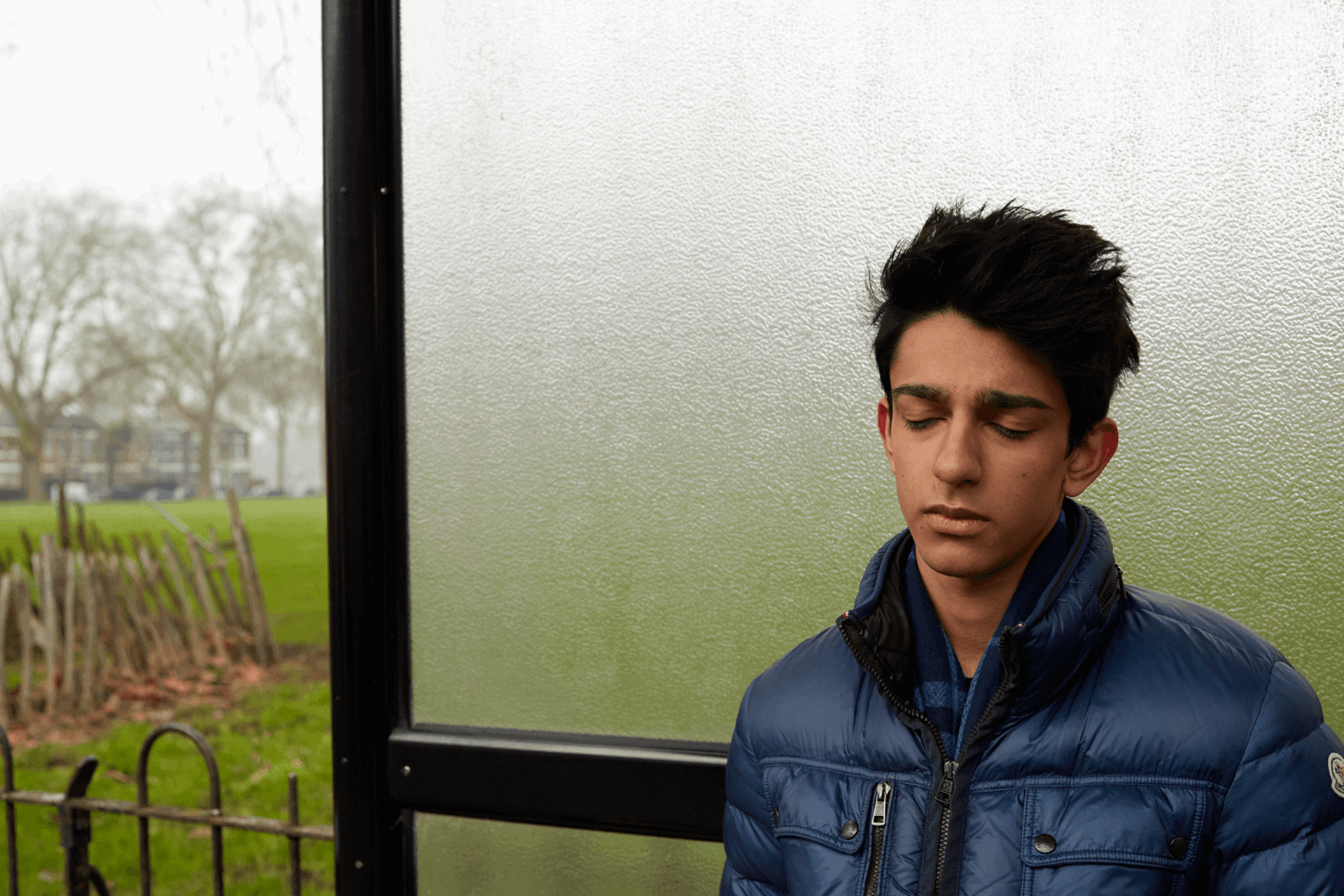Topics mentioned: medications, self-harm, suicidal feelings
About: Sometimes finding the right mental health medication for you can take time. Seren shares her journey to find the right medication to help treat depression and anxiety.
This blog contains references to suicidal feelings and self-harm. While it does not go into detail on these subjects, please do not read on if you think the content may be upsetting for you. If you are currently experiencing suicidal thoughts or you're having a mental health crisis, please visit our page on getting urgent help.
A young person on antidepressants
I was first prescribed medication for my depression and anxiety when I was 15 years old. As a young person in 2012, it was hard to be taken seriously by my GP.
A few healthcare professionals put my problems down to “hormones” or “January blues.” They would tell me to come back in a month if I still felt the same, or to try yoga. I felt like they didn’t care or didn’t think I was serious about wanting to end my life.
I felt like they didn’t care or didn’t think I was serious about wanting to end my life.
My experience with fluoxetine
I was actively suicidal and self-harming, and I knew it was nothing to do with hormones. I can confirm that now as a nearly 23-year-old!
Eventually, my GP started taking me seriously. They referred me for some counselling and prescribed fluoxetine.
Because I was so young, it was the only medication I was allowed. I had to take it in its liquid form, and I still remember how horrific it tasted.
I was given it three separate times. The first time, I experienced terrible nausea; the second, I became dangerously suicidal to the point of planning. The third time did the trick for a while, but eventually I grew frustrated. Talking to my GP felt like a constant battle, so I went ‘cold turkey’ and stopped taking my medication.
It was 100% the worst thing to do; you should always taper off under a GP’s advice and guidance.
You should always taper off [medication] under a GP’s advice and guidance.
How I found the medication that worked for me
After I’d turned 16, I was old enough to try different antidepressants.
I was really struggling at this point. I felt too anxious to leave the house and couldn’t see the point of being alive anymore.
I began taking citalopram, which really helped to stabilise my mood. I remember feeling sheer relief as it began to kick in - I went from constantly wanting to die to feeling okay with life.
My quality of life improved and I finally felt like I could make plans for the future.
I remember feeling sheer relief as it began to kick in - I went from constantly wanting to die to feeling okay with life.
Trying different things along the way
As great as citalopram was, my anxiety still ‘ruled the roost’ of my brain and hugely impacted my life.
For many years, I was terrified to leave the house. No one would’ve guessed it; after years of having mental health problems, I was great at keeping the ‘everything is fine’ mask on.
Going into the city or to my part-time job filled me with dread, and I lived in a permanent state of high alert.
For many years, I was terrified to leave the house. No one would’ve guessed it; after years of having mental health problems, I was great at keeping the ‘everything is fine’ mask on.
At university, my anxiety reached new heights. I was badly harassed at the time and would have panic attacks about going onto campus, so I consulted with my GP and was given propranolol.
Propranolol is a beta blocker which helps to stop the physical side effects of anxiety, such as sweating and palpitations. It was useful, but it didn’t target the root of my anxiety; only counselling allowed me to face that head-on.
As I developed a serious autoimmune condition, I had to stop taking propranolol and was prescribed two antidepressants: mirtazapine to help me sleep, and, years later, amitriptyline to stop headaches.
Even though they’re antidepressants, they were prescribed to treat my autoimmune condition, not my mental health. In the end, I had to stop both. Mirtazapine made me incredibly tired and amitriptyline made me suicidal.
It was useful, but it didn’t target the root of my anxiety; only counselling allowed me to face that head-on.
Changing course from citalopram to sertraline
Last year, at the age of 22, I reached another new low. Anxiety was ruling my life, and depression sunk its teeth into me once again. I was signed off work and blessed with the best mental health practitioner I’ve ever encountered.
I’d been on citalopram for around five years at this point, the last two years on the highest dose. When the nurse asked if I’d heard of sertraline, alarm bells started ringing in my head.
A few of my friends had been on sertraline and had terrible experiences, so I was scared to try it. She was really understanding though and explained that it was better at combating both depression and anxiety than citalopram, which was mainly for depression.
A few of my friends had been on sertraline and had terrible experiences, so I was scared to try it.
I was given a choice at every stage of our consultations and decided to take the plunge. I had a detailed plan to taper medications, which took me off citalopram and onto sertraline. It was hard, but worth it in the long run.
My mental health hasn’t been perfect since the transition. I have had low points. But I’ve managed my conditions better with medication than I would have without it, and, alongside counselling, they have been a life-saving mental health treatment.
I’ve managed my conditions better with medication than I would have without it.
Talking to your GP can feel like a mammoth task as a young person with a mental health problem, but there are ways to make it easier.
Tips for talking to your doctor about medication
-
Ask someone you trust to come with you
Bring a friend or family member with you to your appointment. I always brought my mum along for support and to stick up for me.
-
Prepare before you go
Write down what you want to say before you go – it really helps.
-
Be open-minded
Medication won’t cure you, but with counselling, it can really help.
-
Ditch the stigma
People may tell you that antidepressants are bad, change your personality, are placebos, or evil, but it’s not true. Don’t let anyone make you feel bad for taking medication that helps your health condition!
Where to get help
However you're feeling, there are people who can help you if you are struggling. Here are some services that can support you.
-
Samaritans
Whatever you're going through, you can contact the Samaritans for support. N.B. This is a listening service and does not offer advice or intervention.
- Opening times:
- 24/7
-
Childline
If you’re under 19 you can confidentially call, chat online or email about any problem big or small.
Sign up for a free Childline locker (real name or email address not needed) to use their free 1-2-1 counsellor chat and email support service.
Can provide a BSL interpreter if you are deaf or hearing-impaired.
Hosts online message boards where you can share your experiences, have fun and get support from other young people in similar situations.
- Opening times:
- 24/7









